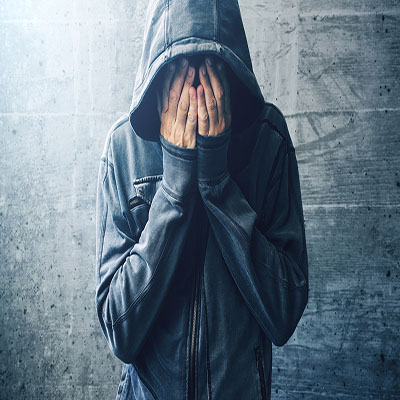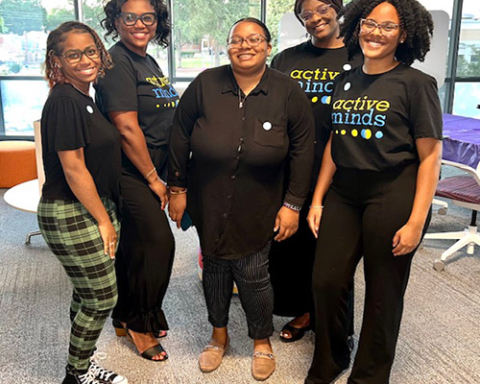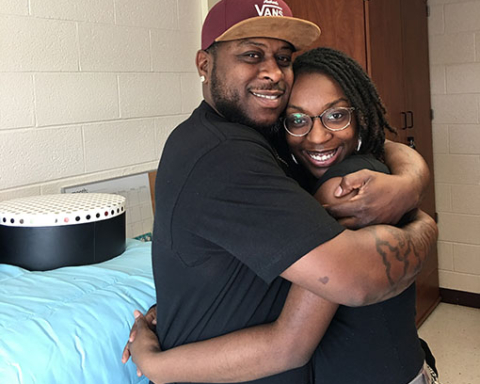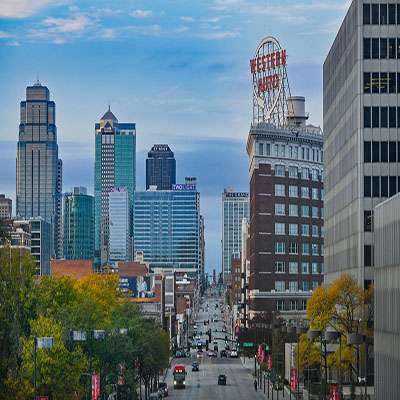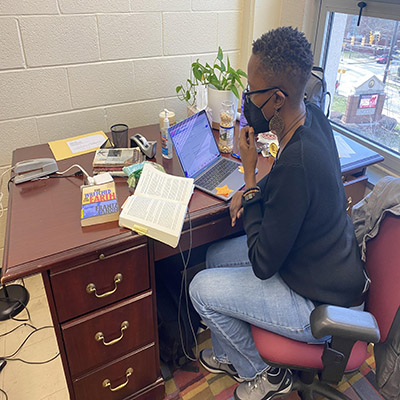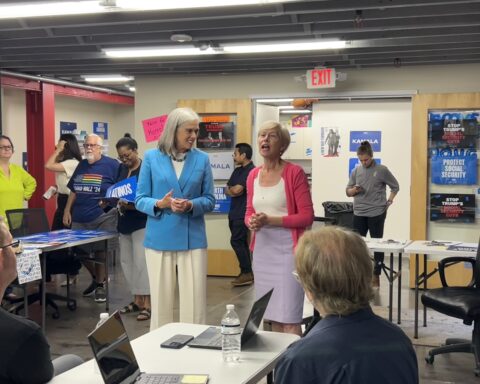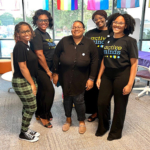The rituals of death have become far too familiar at North Carolina State University this school year.
The initial shock and pain of the campuswide “Wolf Alert” that yet another student has ended their young life by suicide.
The message from the university chancellor attempting the impossible task of comforting classmates by acknowledging that this “hurts deeply and can seem overwhelming to cope with.” A reminder that this week already had a scheduled “Wellness Day” without classes, for students to take stock of their own mental health and check on others.
But this time — the eighth student death since September on the Raleigh, North Carolina, campus, and the fifth by apparent suicide — felt different.
“The mood is anger.”
That’s how NC State sophomore Eleanor Lott — a member of the school’s Student Mental Health Task Force — described the reaction from many of her classmates after news that an engineering student was found dead by apparent suicide in a campus residence hall this past weekend.
Lott told me in a phone interview that “you’re seeing a lot of people on social media — the gist is that the university is not doing enough.”
But she noted that students at NC State also want the wider world to pay more attention to the crisis of student mental health — “that it’s time for this to stop — time for intervention.”
NC State, with a student population of roughly 35,000 undergrads and grad students, is a small city unto itself, and an occasional death is inevitable.
Of the eight deaths this academic year, one occurred in a car crash and two since January have been linked to “natural causes.”
But the five suicides — four in the fall semester, which prompted the creation of the task force Lott serves on — spotlight a growing crisis in a nation in which suicide is already a leading cause of death for college students.
Ironically, the mourning and anger at NC State came as America was much more focused on a different and also very real threat at U.S. universities — the gunman who walked into two buildings at Michigan State University on Monday and opened fire, killing three students and seriously wounding five more.
Indeed, the stress caused by our toxic gun culture, for a generation that was raised on active-shooter drills and heartbreaking headlines from Parkland to Newtown, is a reason for anxiety and depression among the young — but, sadly, just one of many.
Our body politic — our fickle news media in particular — is hard-wired to at least focus for a short while on a mass shooting like what took place in East Lansing and cover its rituals like the candlelight vigils, even if we’re mostly incapable of doing anything about the problem.
When it comes to a slow-motion tragedy such as campuswide depression and suicide, we seem to lack not just the attention span but the right language to talk about it.
But it’s past time to talk about it.
Exact real-time numbers are hard to come by, but the Centers for Disease Control and Prevention have found that the suicide rate for all Americans in the 20 to 24 age bracket roughly doubled among women from 2001 to 2020, while increasing about 40% for men in that age group.
Since 2020, those who track mental health on campus say underlying stress and anxiety has been only made worse by the pandemic.
This week, as NC State students mourned, or vented, a stunning new report — also from the CDC — warned about the stresses on America’s young people that begin in high school.
The federal agency’s 2021 Youth Risk Behavior Survey found what one official called “an overwhelming wave of violence and trauma” that has hit teenage girls in particular, with some 57% “feeling persistently sad or hopeless” and 30% reporting they have seriously considered suicide.
And, for many of them, the added stresses of modern college are still ahead.
A nation that can dispatch a fleet of F-22s to shoot down an octagon over Lake Huron seems powerless to attack this existential problem.
But what is behind it? To paraphrase James Dean in “Rebel Without a Cause,” “Whaddya got?”
We already mentioned the constant threat of gun violence, like what erupted in Michigan — just one of the political problems of a fractured and increasingly broken America that intrude on campus life.
The disruption of the pandemic — which had many students in isolation at home and now struggling to adjust back to college’s social norms — hasn’t helped either.
A co-chair of NC State’s Student Mental Health Task Force — Helen Chen, the university’s senior vice provost for instructional programs — told me in an email interview “that college campuses are full of independent young people who are on their own for the first time.
They’re faced with new challenges and often carry their struggles and pain silently. There are a lot of different stresses for young people today, academics is certainly one. But they’re also navigating relationships, peer pressure, identity, substance abuse, the impacts of the pandemic, social media, belonging and jobs, in addition to all of the societal challenges.”
Lott called the COVID-19 hangover “a silent beast,” as students try to recalibrate their brains to campus life while still dealing with the pressure to graduate and get good grades. She pointed out that international grad students — a large group on the Raleigh campus — have been dealing with pandemic-related rules that made it harder to stay in school, for example.
But she also tied it to a much deeper problem: “the desire to be perfect.”
Lott — the NC State sophomore, who studies in the Wellness School — agreed that the popularity of social media sites like Instagram or TikTok is inspiring college students to chase “happiness,” even as they struggle to define just what happiness is.
That’s on top of what Lott saw as intense competitive pressure to get the kind of grades or resume to land a job in North Carolina’s growing high-tech sector or get into the best grad school.
That jibes with what I learned the last few years in researching and writing my book, “After the Ivory Tower Falls,” about America’s “college problem.” The winner-take-all pressure we put on our kids to get it right at age 18 in deciding whether to tackle the obscene cost of modern college — or deal with the economic or cultural rejection that too often awaits those without a diploma — can be a crushing weight.
So, too, is the $1.75 trillion mountain of student debt that awaits many who’ve chosen the paper chase of our privatized universities. And the society that did so much to create these problems is doing way too little to solve them.
Chen disputed that the school isn’t doing enough. “We’re working tirelessly to support students,” she said.
NC State has been striving, she added, to expand its student counseling programs by working with outside providers and other public universities in North Carolina, as well as investing nearly $400,000 in a partnership with AcademicLiveCare, a telehealth provider.
And she said a range of new initiatives is expected as the task force works to finalize its report.
NC State is also fortunate to have a supportive Democratic governor, Roy Cooper, who announced on Monday that he’s more than doubling an existing campus mental health initiative with some $7.7 million in new funding, including training for faculty and staff on suicide prevention.
On the national level, members of Congress who agree that America has a mental health crisis should likewise put their money where their mouth is.
More dollars for student mental health are both necessary and not nearly enough.
Young people across America are feeling pain as symptoms of a sick society — one that too often treats them as future cogs in the meat grinder of a cruel economy and not as rising citizens who need education to thrive in a shared society.
In the meantime, let’s listen to the anger on the NC State campus, and let them know that we hear them.
———
HOW TO FIND HELP
If you or anyone you know is thinking of suicide, help is available 24/7:
The National Suicide Prevention Talk Line offers help in over 150 languages.
Call 1-800-273-8255 or text HELLO to 741741. En Español, marca al 1-888-628-9454. If you’re deaf or hard of hearing, call 1-800-799-4889.
Veterans Crisis Chat is available at 1-800-273-8255 or by text at 838255.
The Trevor Project offers crisis support to LGBTQ+ youth 25 and under. Call 1-866-488-7386, text START to 678678, or start a chat.
____
(Will Bunch is national columnist for the Philadelphia Inquirer.)
___
©2023 The Philadelphia Inquirer, LLC. Visit at inquirer.com. Distributed by Tribune Content Agency, LLC.

